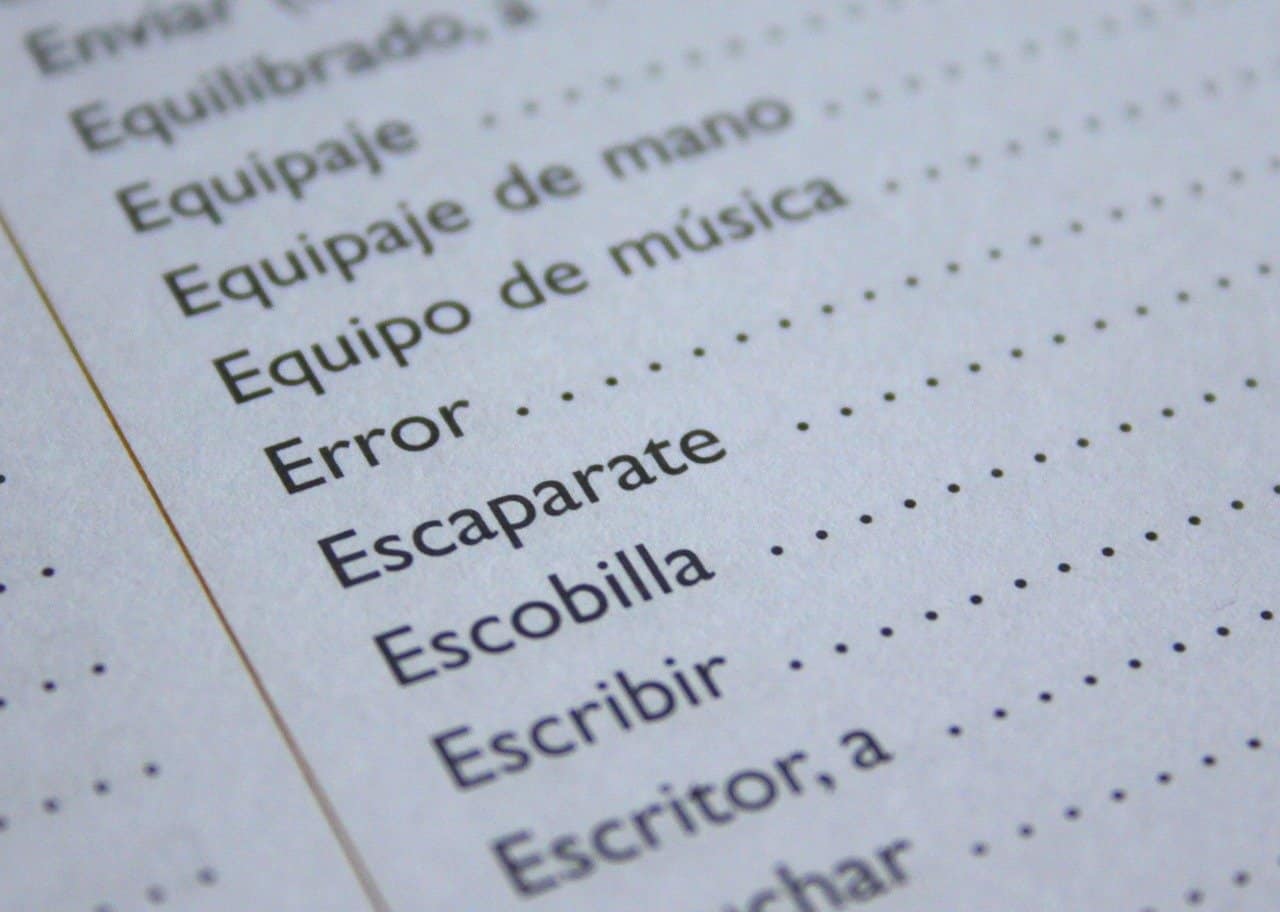Mike Murphy could feel his chest tighten. A swarm of bees had stung the U.S. expat more than 50 times while he visited farm property near San Ramón, a coffee town on the western edge of the Central Valley. An allergic reaction caused Murphy’s lungs and throat to close up, and he went into shock.
He needed immediate help, but Murphy spoke only beginner’s Spanish. He turned to his Costa Rican companion to contact first responders, a move which may have saved his life.
“I had an allergic reaction from one bee sting about 20 years prior,” said Murphy, 70. “I told my Tico friend, ‘I know something’s wrong. We better get going.’”
Murphy moved to Costa Rica five years ago and knows limited Spanish. Local Red Cross volunteers speak little or no English.
The language barrier between some expatriates and first responders in Costa Rica can put lives at risk in the event of an emergency. That concern is leading one organization in San Ramón to try to bridge this gap.
The Community Action Alliance of Costa Rica, a nonprofit organization composed primarily of expatriates, held its first emergency medical Spanish workshop last month. The group is planning an auto survival seminar for August during which participants will learn how to describe car crashes and other vehicle problems.
San Ramón is home to many mostly retired North American expatriates, according to Mike Styles, cofounder and president of the alliance. The expats’ ages may make them more likely to require emergency services, he said.
“It’s almost a high probability they’ll have to use it,” Styles said. “A lot of us are pensionados [retirees] and are at a time in life when things are more likely to happen.”
First responders have had problems understanding the emergencies of expatriates and visitors in the past, said Juan José Alvarado, coordinator of family programs for the Costa Rican Red Cross in San Ramón. Communicating within the first few moments of an emergency can be crucial for treatment.
“It’s fundamental,” Alvarado said. “To determine what’s wrong, [responders] need to ask how they’re feeling. They need to know their allergies. [In Murphy’s case,] if they had waited to get to the hospital, he probably would have died.”
The alliance’s workshop aimed to teach participants the Spanish they need to make it to the hospital. Attendees received a booklet including translations of common symptoms and body parts.
“I basically taught them how to make a phone call, give their address, describe how they feel and hope for the best,” said course instructor Johann Benavides, owner of the Green Mountain Academy.
About 20 expats from San Ramón, Alajuela and Naranjo attended the seminar according to Styles. Residents such as Parker Henry, 67, learned vocabulary particular to their situations.
Henry used Red Cross services when she fainted in public about five years ago. She said learning medical terms to supplement her “Spanglish” is necessary because she lives alone.
“And I live out in the boonies,” Henry said. “I just felt as though it was something that really needed to happen. I even learned how to tell the ambulance people that my gate is locked and I won’t be able to open the gate, and they’ll have to just come on down to the house.”
The seminar also recommended participants call the Red Cross directly instead of 911 for faster service. Calling 911 results in several transfers before reaching the appropriate organization, Alvarado said.
The level of interest generated among participants has led the alliance to consider ways of bringing the seminar to other communities. Event organizer Paul Yeatman said the workshops fulfill a need some expatriates may not realize they have.
“It’s one of the best things we’ve ever done,” he said. “It’s practical advice.”
Key Phrases:
It’s an emergency: “Es una emergencia”.
I need an ambulance: “Necesito una ambulancia”.
I don’t know what’s wrong: “No se cuál es el problema”.
Pain or ache: “dolor”
Heart attack: “ataque cardiaco”
Injury: “una herida”
Headache: “dolor de cabeza”
Bleeding: “sangrando”
Fever: “fiebre”
Swelling: “hinchazón”
Throbbing pain: “un dolor constante”







